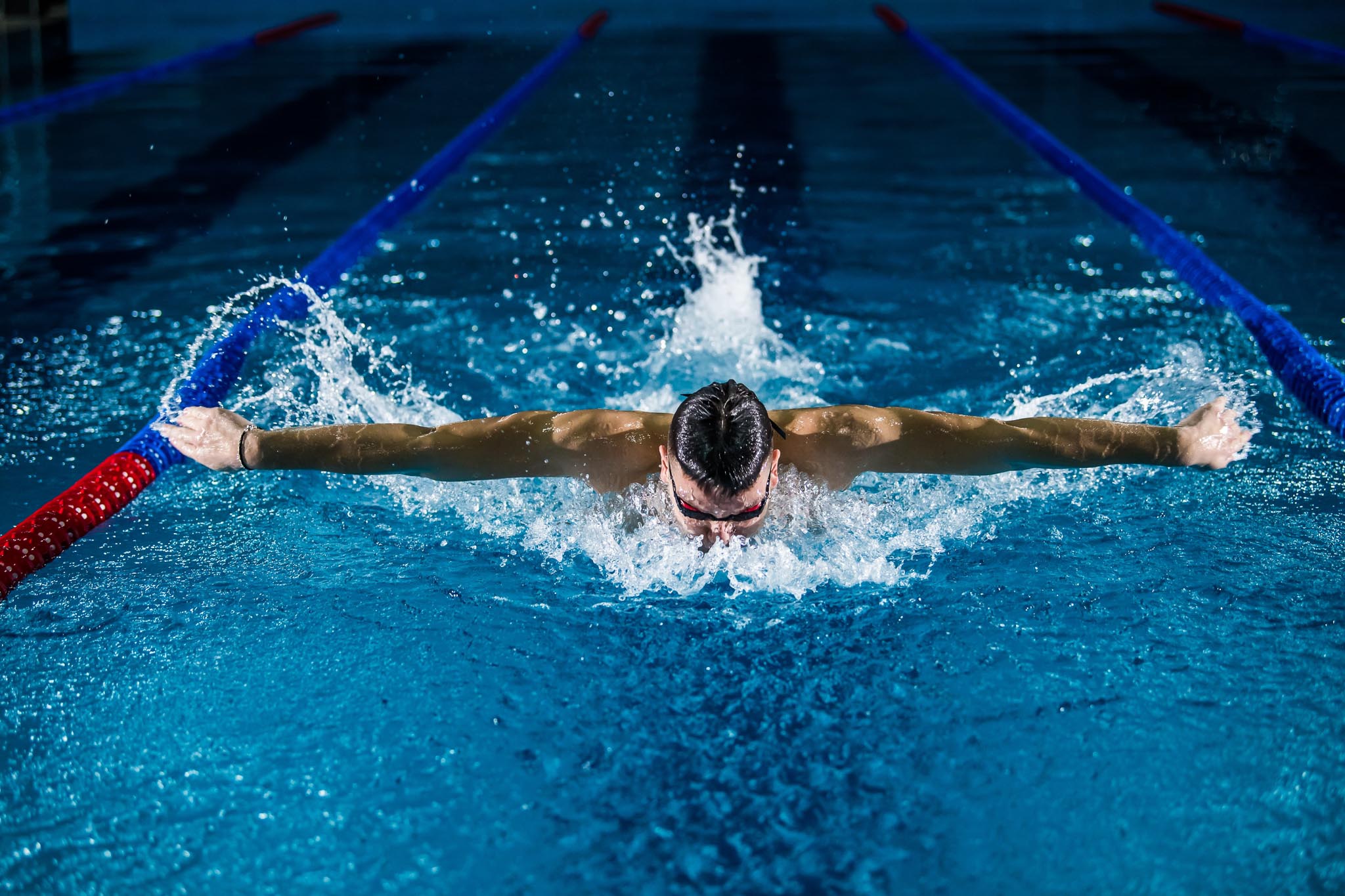Sport’s digital revolution has been slow in coming. If sport is going to survive the Coronavirus it needs to accelerate it now
Coronavirus’ impact on sport will be more profound than anything we have seen in our lifetimes. All sports businesses will need to adapt to survive. To reimagine your sport you need the help of people who understand what you do and are resourceful, connected and used to inventing the future. Digital people.
I’ve spent 25 years creating or reimagining sports businesses through digital whether creating digital sports properties from scratch (CricInfo, PBC), reinventing existing ones through digital (London 2012), and more recently advising others on digital strategy, commercial digital strategy, (Champions League for TEAM, Euro 2020 for CAAEleven and Committee for Delivery & Legacy, FIFA World Cup Qatar 2022 among others)
I’ve written a guide to help professional sport survive the Coronavirus by going digital .
Here are the key takeaways from the guide:
- Times are going to get tough. But let’s be clear, tough talk is cheap. Sport is not going away. People still value and enjoy sport. It’s part of our culture. Money and even health will not stand in the way of that.
- There will be casualties among professional sports clubs and bodies. The survival, in some cases, of the least unfit. Professional sport will come back. Sports people of all types will still have opportunities to make money, just less of it.
- However some world famous athletes may finally take the opportunity during hiatus to leverage their extraordinary reach, generate new content, create new formats and reshape the industry and their place and importance in it
- From a short term commercial perspective cancellation is the worst option for everyone but if your event falls any time before the autumn of 2020 it may be inevitable. That window may extend deep into 2021.
- Coronavirus will not dampen the changes we are seeing in consumer habits, attention and technology, it will accelerate them. Digital will be at the heart of that change no longer as nice to have but as a this-is-the-way-it’s-going-to-be-now.
- The power of sports marketing to deliver brand awareness and brand perception and a measured impact on sales is often talked about. It’s rarely proven. This must now change
- Sports rights holders will have to get a proper grip of their digital potential, double down on relationships with existing fans, attract, engage and activate every potential digital fan, maximise digital returns from fans and sponsors and reduce dependence on broadcast deals.
- A new business model, beyond the rights fee, with always-on digital content, audience growth and engagement and data at its heart driving direct and indirect value from digital transactions with fans may emerge. The hiatus is a great opportunity for rights holders and teams to try it out and get good at it
- Being more digital alone isn’t enough. We need to sort out all the things sport is generally bad at including governance, coordination between stakeholders, alignment of business objectives and having a defined purpose.
- The sports industry lacks self-awareness. We are incredibly bad at thinking about what sport, especially our favourite sport, is actually for and why people like it. After Coronavirus has done its damage professional sport will have to build trust and prove its value to the world.
- The legacy of Coronavirus is likely to include the powerful effect of the notion of sacrifice – give up something however small for the greater good, huge civic engagement, a greater sense of our mutual dependence, respect for health workers and greater empathy with loss. We may also witness a heightened acceptance for leadership roles for women (who comprise over 60% of entry level healthcare workers), a greater appreciation for the great outdoors, nature, open spaces, and simple pleasures.
- For sport this will certainly mean our great events can act as a release valve for a world emerging from one of the grimmest periods in our collective history. But also more focus on sport that is not played primarily for money, equality of both sexes and able and disabled sport, more demand for a carefree approach to playing sport among professional sportspeople and a focus on athletes who are less “bling” and more “bring”.
- Reinventing your sport for a changed world will be harder than simply digitising it. You need smart people who love change and hard work. People who like building stuff, who can think in multi-disciplinary ways and who are used to inventing the future. We all need to become digital people now.
